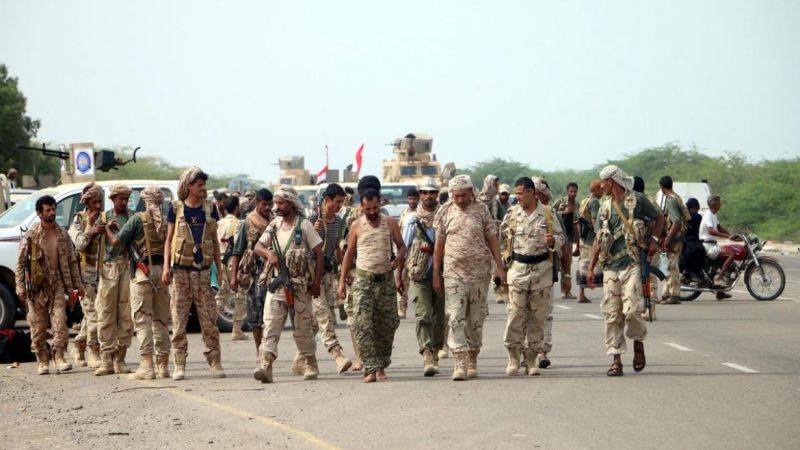
Local Editor
Yemen’s popular Houthi Ansarullah movement and the resigned regime of former president Abd Rabbu Mansour Hadi have accepted a detailed plan for a much-delayed pullback from the flashpoint city of Hodeida, the United Nations envoy said Monday, but no timetable was announced for the withdrawals.
The redeployment of forces was agreed in December under a ceasefire deal reached in Sweden that offered the best hope in years of moving toward an end to the war that has pushed Yemen to the brink of famine.
U.N. envoy Martin Griffiths told the Security Council that “both parties have now accepted a detailed redeployment plan” for the first stage of the pullback from Hodeida.
Griffiths said he received assurances from Houthi leader Sayyed Abdul Malik al Houthi when they met in Sana’a last week that his forces would support the Hodeida agreement.
“Let us be clear that when – and I hope it is when and not if – these redeployments happen, they will be the first voluntary withdrawal of forces in this long conflict,” he said by videoconference from Amman.
The U.N. announced a deal on the two-stage pullback from Hodeida city and its ports on February 17, but the redeployment failed to materialize on the ground and the peace effort has since stalled.
Griffiths said he was laying the groundwork for broader serious negotiations on ending the war in Yemen but added: “We all need to see tangible progress in Hodeida before moving to focus on the political solution.”
The Red Sea port of Hodeida is the entry point for the bulk of imported goods and relief aid to Yemen.
The detailed plan on the pullback was negotiated by Danish General Michael Lollesgaard who heads a U.N. monitoring mission.
Following the deal on the first stage, Lollesgaard will now focus on the second phase and seek to resolve disputes over the deployment of local forces in areas from where there has been a pullback.
U.N. diplomats have said the Houthis refused to pull away from Hodeida ports as part of the first stage, citing fears that forces linked to the Saudi-led coalition will move in to take over those facilities.
The coalition intervened in Yemen in March 2015 to push back an advance by Houthi revolutionaries to forcefully restore Hadi to power.
The conflict has unleashed the world’s worst humanitarian conflict, according to the United Nations, with millions facing famine.
Source: News Agencies, Edited by Website Team